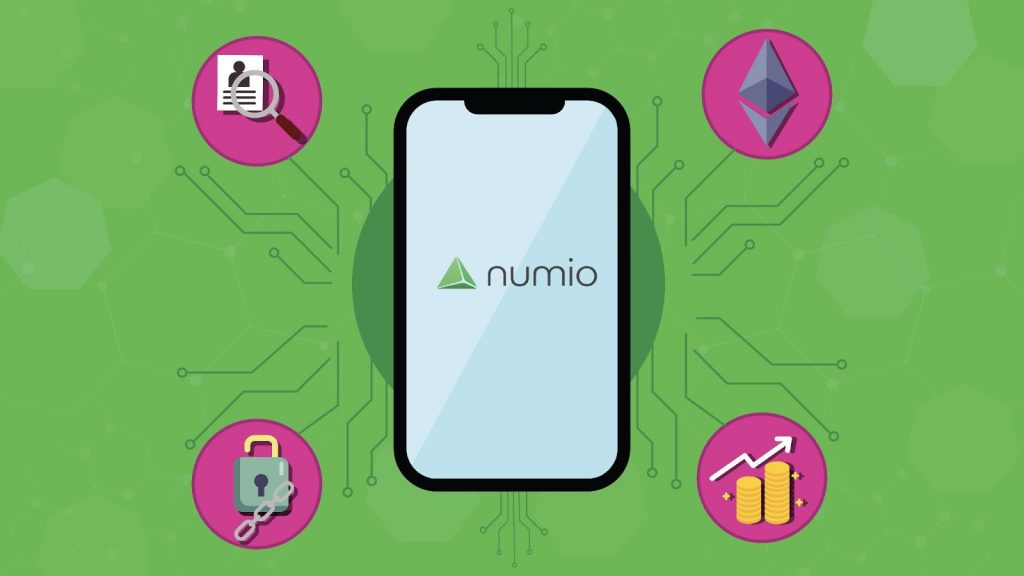
Delaware, United States, 17th May 2021, ZEXPRWIRE – Ethereum has been the powerhouse of the crypto space for quite some time, fueling a majority of dApps and projects within the ecosystem. Users and developers alike continue to flock to it, as it has become a household name in crypto that continues to grow. The problem is that, although Ethereum has a strong underlying infrastructure already built, it has many flaws that leave people constantly searching for a better alternative, with scalability being the main concern.
Processing transactions on the Ethereum blockchain has become extremely undesirable – gas fees are through the roof, often amounting to hundreds of dollars just to approve or make a simple transaction, a misfortune that can no longer sustain the booming decentralized finance (“DeFi”) market. Moreover, transaction efficiency is still unsatisfactory, thereby making Ethereum less efficient for micro and ongoing transactions.
People are frustrated and are looking for a light at the end of the tunnel. It’s obvious what the problems are, but what’s the solution? Technical advancements in recent years have made it easier for blockchain networks to scale, with layer-2 solutions leading the way in this regard. Despite their many benefits, layer-2 solutions often entail a learning curve that makes them undesirable to most users. This is where crypto apps come in, with Numio leading the way in facilitating fast, cheap, and secure layer-2 payments for users worldwide.
What is Numio?
Numio is a revolutionary mobile app that puts Ethereum on-the-go, offering everything users need in crypto, all in one place. It’s built on Ethereum and uses zkRollups as a layer-2 scaling solution, addressing Ethereum’s scalability concerns, without sacrificing security.
Customers can use Numio’s mobile app to buy and sell ERC-20 tokens using debit/credit cards, securely hold their crypto assets, and manage their digital identities. Its system is designed in a non-custodial manner, meaning that it’s only users who may access their crypto assets. The mobile app launched in late 2020, and has already surpassed over 10,000 downloads.
Numio Vault is the web-app crypto wallet with a sleek and intuitive dashboard. Users can view their portfolio, initiate deposits and withdrawals, set permissions to allow people to recover funds, and set up joint accounts. Numio Vault is set to launch later in 2021, or early 2022.
Core Features
Transactions
Through the implementation of zkRollups, transactions occurring on Numio’s infrastructure are set to be both quick and low-cost. Rather than settling for Ethereum’s 15 TPS (transactions per second), Numio’s service is able to process thousands of transactions per second (currently over 2,000, and the tech will be able to scale to hundreds of thousands of TPS), making it a suitable option for both retail and enterprise needs. Speaking of fees, these are estimated to be ~100x lower than those charged by the Ethereum mainnet, making Numio a cost-effective service as well.
Supported ERC-20 tokens (PHNX, wBTC, ETH, and USDC) can also be imported from existing Ethereum wallets, so they’re easy to migrate and trade. Within the short-team future, support for hundreds of other tokens will be added as well.
Identity and Security
Users have a choice to verify their identity through a secure zkProofs identity management system, giving them quick and easy access to exchange partners. This, in turn, helps prevent Sybil attacks, where a node assumes multiple identities to take control of a network.
The great thing here is that identity verification is always optional – users can elect to remain anonymous, maintaining the foundation of privacy and transparency that crypto was originally built on, but if they choose to take advantage of the benefits of digital identity management through the mobile app, they are welcome to do so.
All data and information is completely encrypted and stored in the NumioCloud, a system that can hold private key backups, credit/debit card data, and personal identity documents. The Numio Authenticator is a built-in mechanism giving users the ability to easily view data and authorize payments.
Numio has also implemented an advanced 2FA authentication system by using public-key cryptography, on-device biometrics, and QR codes to access different websites or apps.
What’s Next in Store
Numio has already built a strong technological infrastructure and trustworthy ecosystem, but what lies ahead will further enhance its capabilities.
The company behind Numio plans to implement in-app layer-2 crypto purchases, trading functionalities, swaps, lending and borrowing, and pooling for staking rewards. These upcoming features are critical to enhance its ecosystem and its use cases within DeFi, allowing it to go toe-to-toe with larger competitor exchanges. The team is also planning to add hundreds of additional digital assets to the mobile application in the near future.
Numio’s partnerships with well-known market titans like zkSync, BTI Verified, PhoenixDAO, MoonPay, Liquid, Crevatal, and the Florida Blockchain Business Association will lead to further enhancements down the road, with the end goal being to elevate the overall user experience and ensure users don’t ever need to leave the platform. Implementing many of these highly-anticipated upgrades will help transform Numio into the go-to all-in-one crypto app for any and all crypto payment and identity management services.
Contact Details
Name: Joel Kite
Email: [email protected]
Company: Numio One
The post Exploring Numio, the Next Generation of Crypto Apps appeared first on Zex PR Wire.
Information contained on this page is provided by an independent third-party content provider. Binary News Network and this Site make no warranties or representations in connection therewith. If you are affiliated with this page and would like it removed please contact [email protected]